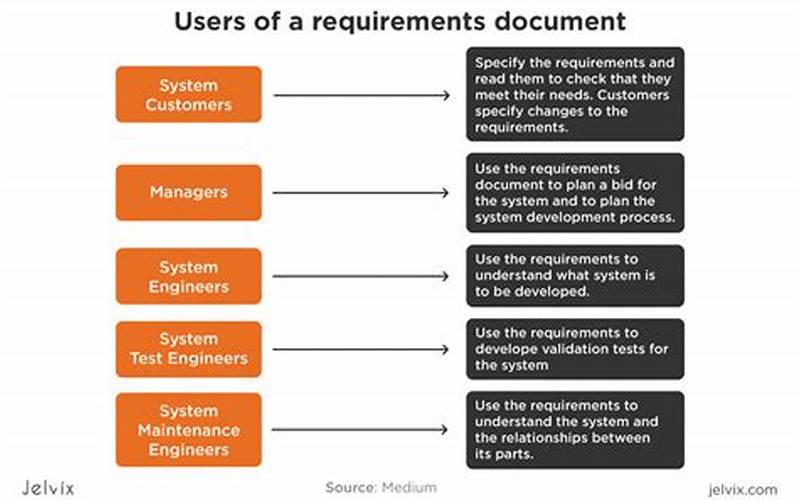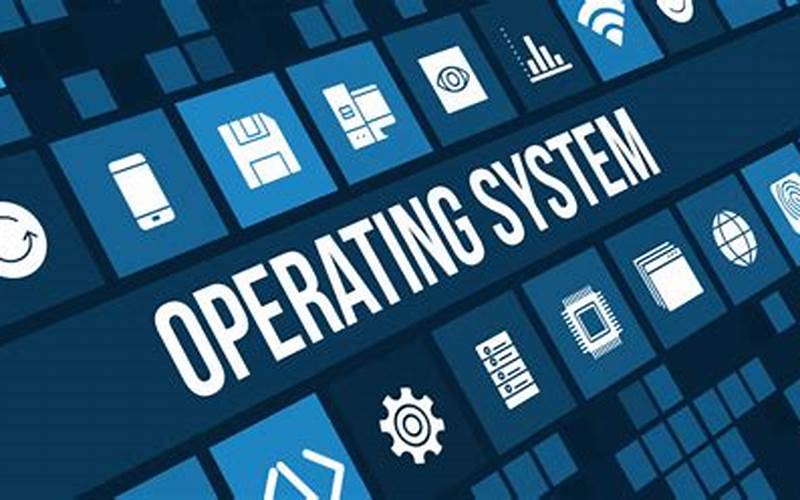 Source: tse1.mm.bing.net
Source: tse1.mm.bing.netIn today's digital age, having a reliable and efficient computer system is essential for any small business. A small business computer can help streamline operations, improve productivity, and provide access to important information. Whether you're starting a new business or looking to upgrade your existing computer system, this article will guide you through the essentials of choosing the right small business computer.
Understanding Small Business Computing Needs
 Source: tse1.mm.bing.net
Source: tse1.mm.bing.netBefore diving into the technical aspects of choosing a small business computer, it's crucial to understand your specific computing needs. Every business is unique, and the computer requirements will vary based on the nature of your operations. Consider the following factors to determine your small business computing needs:
1. Number of Users:
 Source: tse1.mm.bing.net
Source: tse1.mm.bing.netThe number of users who will be utilizing the computer system is an important consideration. If you have a small team, a few computers may suffice. However, if you have multiple employees who require simultaneous access to the system, you'll need a more robust setup.
2. Software Requirements:
 Source: tse1.mm.bing.net
Source: tse1.mm.bing.netIdentify the software applications that are essential for your business operations. Some businesses may only require basic productivity tools, while others might need specialized software for design, accounting, or project management. Ensure that the small business computer you choose can support the software you rely on.
3. Storage and Data Needs:
 Source: tse1.mm.bing.net
Source: tse1.mm.bing.netConsider the amount of storage space you'll need for your business data. If you deal with large files or have extensive databases, a computer with ample storage capacity is crucial. Additionally, think about data backup solutions to ensure that your valuable information is protected.
4. Processing Power:
 Source: tse1.mm.bing.net
Source: tse1.mm.bing.netEvaluate the processing power required for your business tasks. If you primarily work with basic office applications, a computer with a standard processor will suffice. However, if your business involves resource-intensive activities like video editing or 3D modeling, you'll need a more powerful processor.
5. Mobility Needs:
 Source: tse1.mm.bing.net
Source: tse1.mm.bing.netConsider whether your business requires mobility. If you frequently work on the go or have remote employees, laptops or tablets may be a better option than desktop computers. Portable devices provide the flexibility to work from anywhere, ensuring your business remains productive.
Choosing the Right Small Business Computer
 Source: tse1.mm.bing.net
Source: tse1.mm.bing.netNow that you have a clear understanding of your small business computing needs, it's time to choose the right computer system. The following factors will help you make an informed decision:
1. Operating System:
 Source: tse1.mm.bing.net
Source: tse1.mm.bing.netConsider the operating system that best suits your business requirements. Windows, macOS, and Linux are the most common options. Windows is widely used and offers compatibility with a vast range of software. macOS is known for its user-friendly interface and seamless integration with Apple devices. Linux is popular among tech-savvy users and offers more customization options.
2. Form Factor:
 Source: tse1.mm.bing.net
Source: tse1.mm.bing.netChoose the form factor that aligns with your workspace and mobility needs. Desktop computers provide better performance and upgradability but require dedicated desk space. Laptops are portable and convenient for on-the-go work. All-in-one computers combine the monitor and CPU into a single unit, saving space and reducing cable clutter.
3. Specifications:
 Source: tse1.mm.bing.net
Source: tse1.mm.bing.netPay attention to the specifications of the small business computer you're considering. Look for a fast processor, sufficient RAM, and ample storage space. The specific requirements will depend on your computing needs as discussed earlier. Additionally, consider the graphics capabilities if you work with multimedia or design applications.
4. Connectivity Options:
 Source: tse1.mm.bing.net
Source: tse1.mm.bing.netEnsure that the small business computer has the necessary connectivity options. USB ports, HDMI ports, and audio jacks are some of the common connections you'll likely need. If your business relies on wireless connectivity, check for Wi-Fi and Bluetooth capabilities.
5. Warranty and Support:
 Source: tse1.mm.bing.net
Source: tse1.mm.bing.netConsider the warranty and support options offered by the computer manufacturer. Small businesses rely on their computer systems, so having reliable after-sales support is crucial. Look for warranties that cover hardware failures and software support to ensure smooth business operations.
Conclusion
Choosing the right small business computer is a critical decision that can significantly impact your business's efficiency and productivity. Understanding your specific computing needs, evaluating factors such as number of users, software requirements, storage needs, processing power, and mobility requirements will help you make an informed decision. Consider the operating system, form factor, specifications, connectivity options, and warranty and support options when choosing a small business computer. With the right computer system in place, your small business will be well-equipped to thrive in the digital world.
Post a Comment for "Small Business Computer"